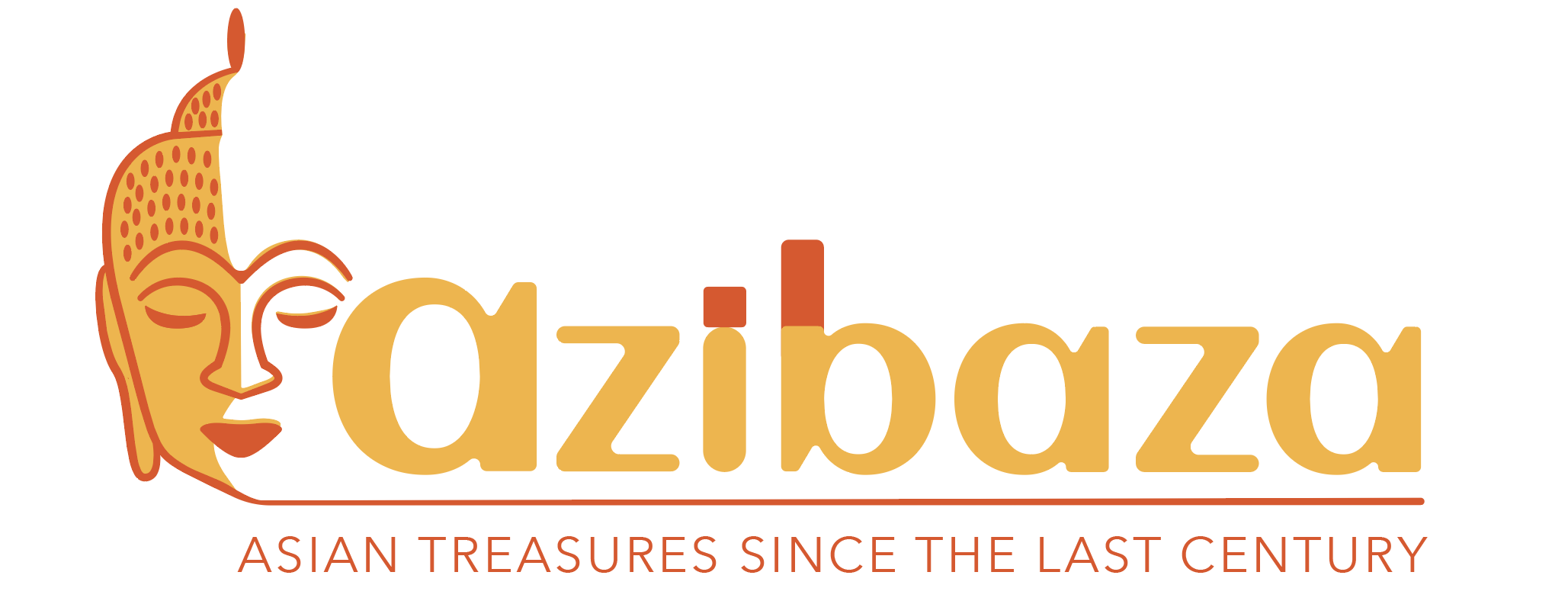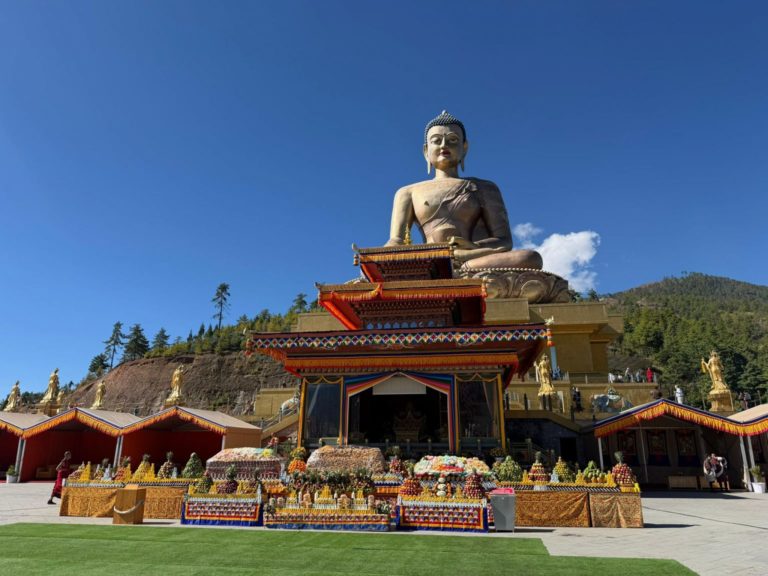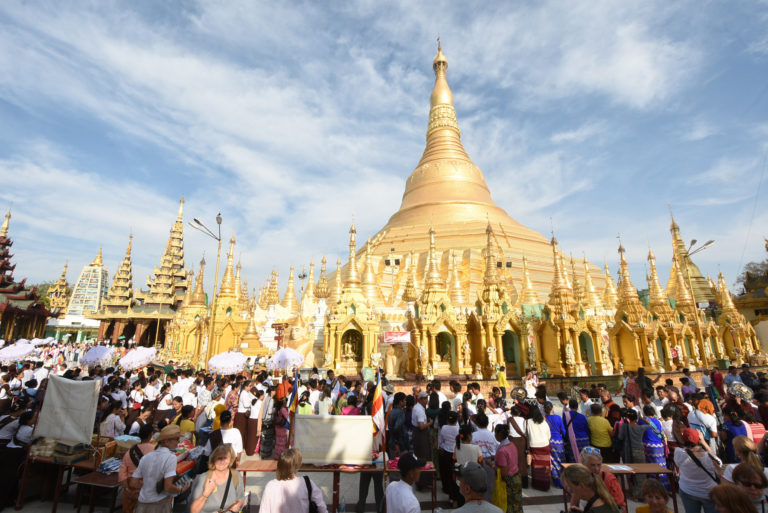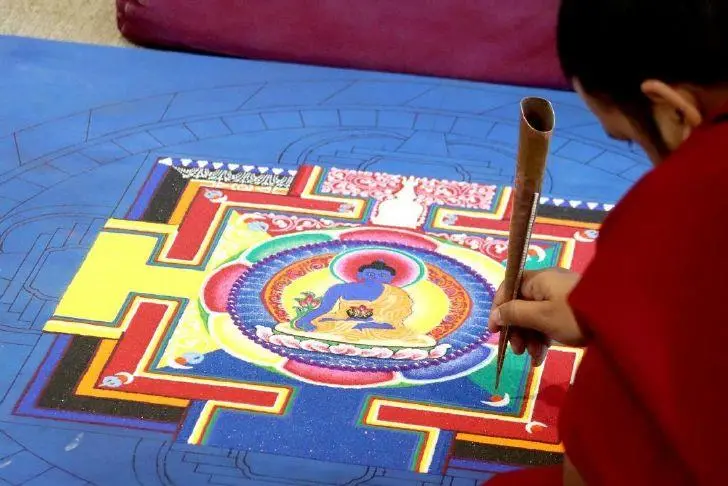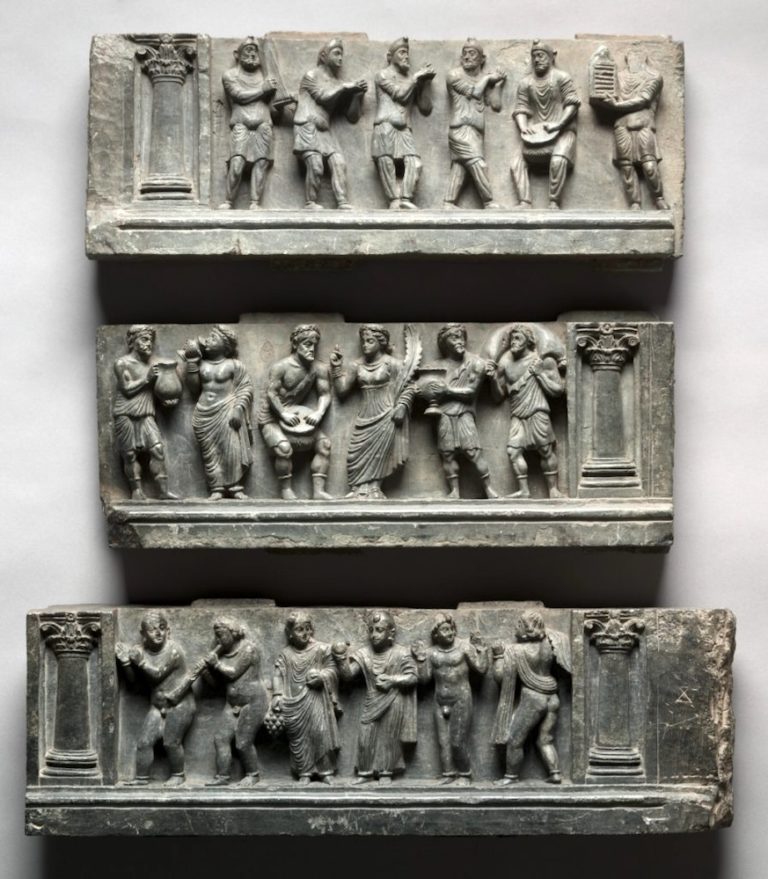Despite earthquakes, civil unrest and a pandemic, Myanmar’s Phaung Daw Oo Pagoda Festival has returned to Inle Lake with striking resilience and spiritual splendour.

Held annually in Shan State, the two-week Buddhist celebration is famed for its golden barge—adorned with the mythical Karaweik bird—carrying four sacred Buddha images to 21 lakeside villages. Intha fishermen, balancing on one leg as they row, guide the procession in a tradition unique to the region.
This year’s festival, though vibrant, bears the scars of recent calamities. A 7.7 magnitude earthquake in March devastated central Myanmar and severely damaged stilted homes around Inle Lake. Local estimates suggest up to 90 percent of houses in some villages were affected, with dozens feared dead and over 13,000 residents impacted.
“The houses aren’t standing straight,” said Nyi Nyi Zaw, an ethnic Intha from Heyarywarma village. “They’ll need proper repairs when the lake dries in summer.” He described the past few years as “miseries overlapping”—from the pandemic and political upheaval to last year’s floods.
The festival itself had been suspended repeatedly: first in 2020 due to COVID-19, then in 2021 following the military coup and ensuing conflict, and again in 2022 due to flooding. Its revival in 2023 was short-lived, with this year’s edition shadowed by tragedy.
Yet for locals like Ma Win, a textile vendor, the event remains vital. “It’s been years since the Buddha statues came to our village,” she said. “We are participating as much as we can.”
Though tourism has dwindled and homes remain fragile, the golden barge still glides across the lake—an enduring symbol of faith and community in uncertain times.
